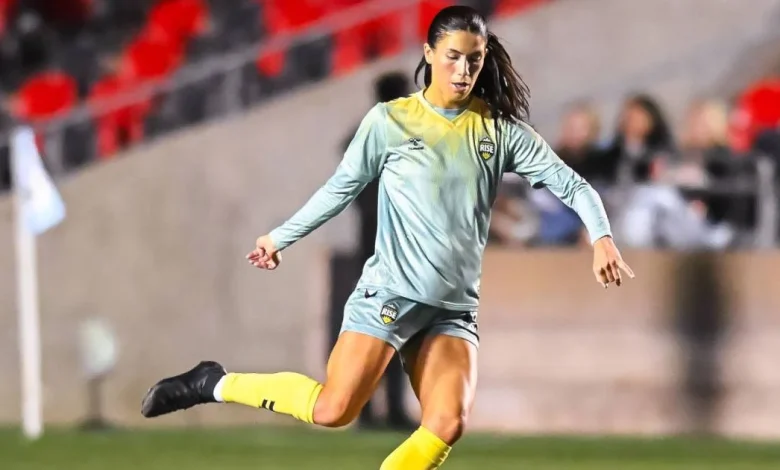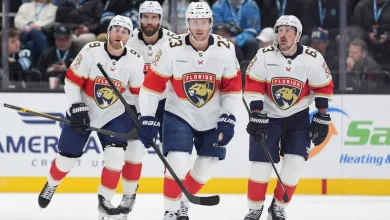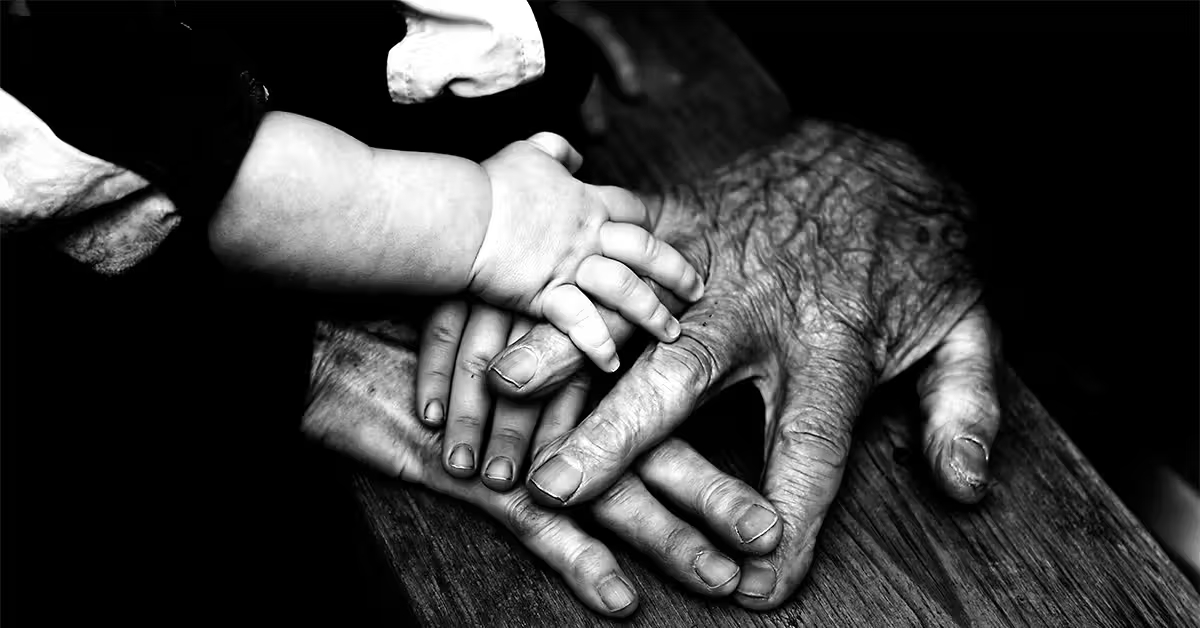Inside Vancouver Rise FC’s triumphant first year

Get the best of Vancouver in your inbox, every Tuesday and Thursday. Sign up for our free newsletter.
In late October, a quiet anticipation settled over the city. For the first time, a professional women’s soccer team from British Columbia was preparing to host a playoff match. Ticket confirmations pinged inboxes, the supporters group organized its pre-game festivities, and young fans planned what they’d shout when their heroes walked out onto the grass of Burnaby’s Swangard Stadium.
For Vancouver Rise FC, this moment represented more than just being one of four teams to qualify for playoffs: it was proof of concept. In the debut season of the brand new Northern Super League season, the club finished third out of six teams, with an 11-6-8 record: 38 goals scored, 36 conceded, and an eight-match unbeaten run that spanned the summer. That surge, guided by head coach Anja Heiner-Møller, secured a playoff semifinal clash with Ottawa Rapid FC on November 4—and arguably confirmed that women’s professional soccer in B.C. isn’t just viable, it’s vibrant.
“It’s been an exciting season and a season that we’re very proud of,” says club president Sinead King, speaking to the Straight over the phone in early October. “When you build a team from scratch and bring 25 players together, it takes a while to find that rhythm. It felt like a slow start, but we really found our form in the second third of the season.”
King’s summary is a bit modest. After mixed results over their first few games, Vancouver Rise turned into one of the league’s hardest teams to beat—stringing together statement wins, including a pair of 6-0 routs, before clinching a playoff spot with a gritty 1-1 draw in Halifax on September 27.
President Sinead King has helped build Rise FC from the ground up. Jamie Douglas
“We have a really nice style of play,” King continues. “We keep a lot of possession, and we’ve got the most goal scorers across the team in the league. We don’t rely on any single player. We’ve got good depth.”
That depth was tested constantly. A rash of injuries forced reshuffles, but the squad adapted—and behind them stood goalkeeper Morgan McAslan, whose nine clean sheets earned her the NSL’s inaugural Golden Glove award. For a first-year club, it was an unmistakable signal of resilience: a foundation strong enough to build on.
When King joined Rise FC in June 2024, she became the club’s second employee.
“It was a quick turnaround to build a whole company,” she recalls. “You’re not just building the name of the club or signing players. You’re finding a stadium, hiring staff, creating HR policies, payroll, sponsorships, marketing—it was a very full year.”
Originally from the U.K., King spent a decade in banking before pivoting to social-impact work.
“When I was younger, my dad told me there was no future in women’s sport,” she says. “He was right at the time. Now it’s one of the fastest-growing sectors in the world. There’s excitement—but also real opportunity—for players, investors, and sponsors. To go from hearing ‘there’s no future’ to helping build that future… it’s pretty special.”
Vancouver was one of six founding members when the Northern Super League launched in April 2025 alongside clubs from Calgary, Ottawa, Toronto, Halifax, and Montreal. King’s next challenge was finding a home ground, and she landed on a venue steeped in local lore.
“Everybody has a Swangard memory,” she says. “People ran track meets there, watched the old 86ers, played soccer as kids. You turn up and there’s this beautiful grass pitch surrounded by forest and mountains. It’s a magical place to spend an afternoon.”
That intimacy turned into atmosphere. Rise FC averaged around 4,000 fans per game, essentially maxing out the stadium, while the April 16 opener at BC Place drew 14,018—the largest crowd of the NSL season—as Canadian international star Quinn scored the league’s first-ever goal from the penalty spot.
“We could lose a game and still get a standing ovation,” King said. “That says everything about the connection between this team and the community.”
Few players embody that connection like Holly Ward, a 21-year-old forward from North Vancouver who became one of the league’s breakout stars. She tied for second in scoring on the team with six goals, earned her first call-up to the senior Canadian national team, and nabbed a goal and assist for Canada in a friendly against Haiti. When we spoke the night before Rise’s first semifinal playoff match, she was upbeat, yet also relaxed.
“Nerves come with any big game,” she says. “But they’re good nerves, not bad.”
Ward’s rise has been rapid, but she approaches it with composure.
“I don’t really look super far forward or super far back,” she says. She added that, for her, it’s simply about doing what she loves, which, fortunately, has meant finding the back of the net.
“When I’m scoring, I’m not thinking, ‘Oh yes, I just scored a key goal,’ ” she says. “I’m thinking, ‘Great—this helps us get closer to what we want as a team.’ ”
For Ward, the bigger picture is what resonates.
“When I played here in high school, playing pro in Canada wasn’t even something I dreamed of,” she says. “It wasn’t possible. So being part of this in its first year—it’s amazing to see how supported it is. It’s not just a thing that started; it’s something people wanted. It was needed.”
Her highlight of the year remains that April debut.
“That first game at BC Place—it was one of the most fun times I’ve ever had playing soccer,” she recalls. “It was intense; there was pressure, but everyone was so invested. I was nervous—it was my first pro game—but they were good nerves. And we have so many experienced players that the locker room felt grounded. Everyone was just happy to be there.”
Across the dressing room sits Jessika Cowart, a midfielder with international experience for the Philippines and club stints in Sweden and Australia. Even with that resumé, she says that this season has been unlike any other.
Jessika Cowart has been an integral part of Vancouver Rise FC’s first season. Tim Austen
“The fan base is probably the best I’ve played in front of,” she says. “We had fans at every single game all year—that’s not normal in most leagues. We even had a travelling fan group, the Crow Collective. When you see people flying across the country to support you, it gives you confidence.”
Cowart describes the team’s character as relentless.
“We’re such a hard-nosed team,” she says. “We literally put our bodies on the line for each other. That’s our identity—team first. And it’s not just words. It’s real.”
What impressed her most was how quickly the chemistry formed.
“A lot of us met for the first time this year—new league, new team, new everything—but everyone bought in right away,” Cowart adds. “No matter who’s on the field or in the lineup, we’re all fighting for the same goal.”
She likens playoff week to the league’s opening night.
“We started the league at home in front of 14,000 people, and there were nerves—but also trust. We’d prepared,” she recalls. “Now, after 25 games, we’ve prepared even more. We’re ready to fight for each other.”
The season has carried personal meaning, too.
“This is the first league I’ve played in that my family can actually watch,” Cowart says. “They couldn’t stream my games in Sweden or Australia. Now they can tune in from the Philippines or California. For them, it’s huge.”
Coach Anja Heiner-Møller rallies the troops. Jacob Mallari
Whether or not Rise FC advances beyond its debut playoff match, the club has already achieved something larger than silverware. It proved that a professional women’s team can thrive here and that fans will turn up, rain or shine, to make it theirs.
The year delivered individual milestones—McAslan’s Golden Glove, Ward’s national-team goal—but its greater triumph is perhaps cultural. Swangard became a meeting place again: kids in jerseys, families with umbrellas, and a soundtrack of drums and laughter echoing off the evergreens in Central Park.
“When we first met with the City of Burnaby last year, we said, ‘We’re going to be huge—support us,’” King said. “They’ve seen it now. They’ve seen 4,000 people hanging out in Burnaby who wouldn’t have been there otherwise.”
She hopes to deepen that relationship next year with more signage, more home dates, and perhaps a few bigger stages.
“We want this to be a cornerstone of the community,” she said.
Beyond logistics, King measures success in momentum.
“We’re in this moment where women’s sport is really taking off,” she said. “Our players are proud to wear the badge. They know we didn’t exist a year ago, and they’re helping us build. They hold us to high standards, and they understand we’re building the plane as we fly.”




